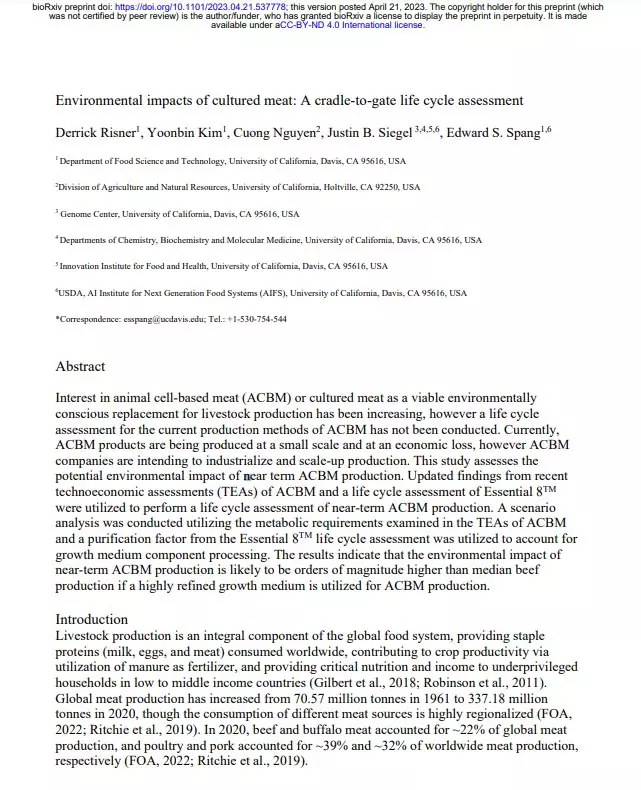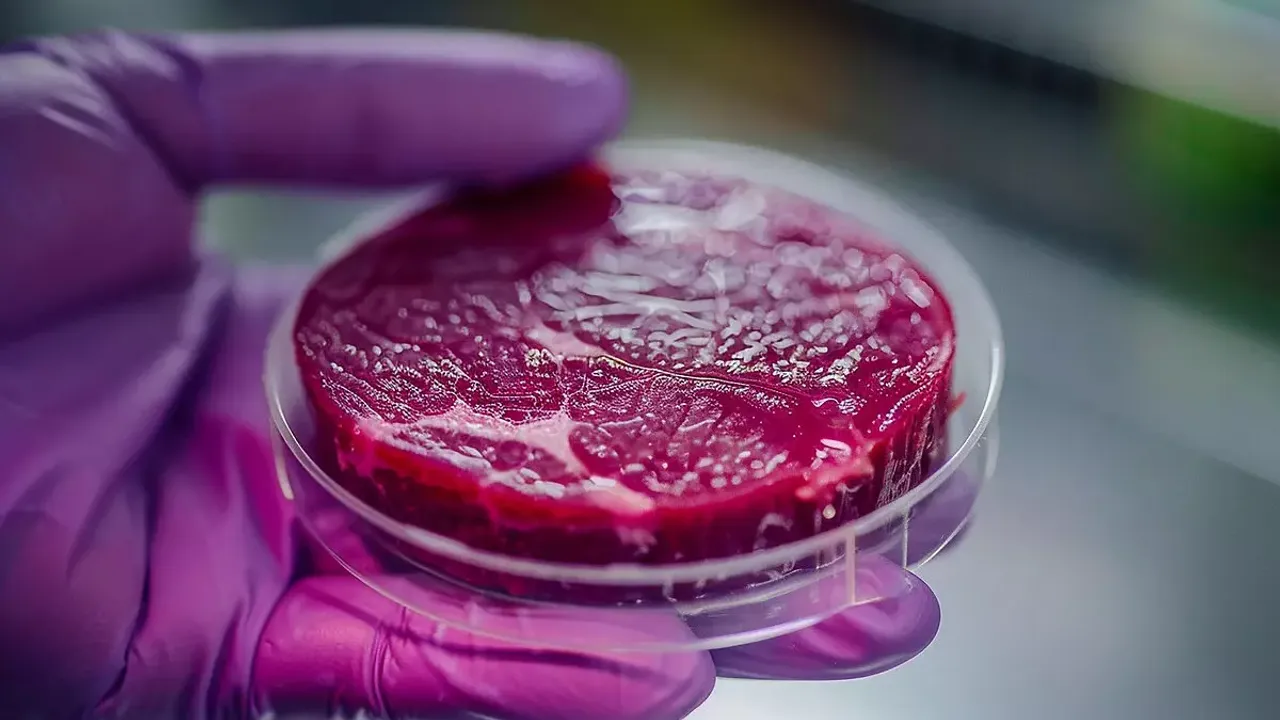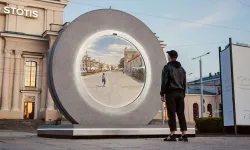Derrick Risner, Edward S. Spang and Yoonbin Kim from the University of California's Department of Food Science and Technology, Cuong Nguyen from the Department of Agriculture and Natural Resources, and Justin B. Siegel from the Department of Chemistry, Biochemistry and Molecular Medicine conducted a remarkable research. .
25 TIMES MORE HARMFUL TO THE ENVIRONMENT
Scientists stated that when mass production of 'artificial meat' products is started, it will cause greater harm to the environment than the traditional meat industry, and that the production produced in the laboratory environment will fuel the crisis rather than preventing the 'climate crisis'.
It has been revealed that the environmental damage caused by 'artificial meat', which is claimed to aim to protect the climate from the damage caused by cattle farms and animal husbandry in general, is 4 to 25 times greater than the 'damage caused by cattle'.
WRONG ANALYZES ARE BEING MADE
Derrick Risner from the Food and Health Innovation Institute, leader of the research team, stated that incorrect analyzes were made regarding 'artificial meat'.
"If companies are forced to treat growing media to a pharmaceutical level, they are using more resources, which increases the potential for global warming. If this product continues to be produced using the 'pharmaceutical' approach, it will be worse for the environment and more expensive than conventional beef production," researcher Risner said. ." said.
"This may not lead to environmentally friendly commercial meat production, but it could lead to cheaper medicines, for example," Risner said.
NOT BETTER THAN BEEF
Edward Spang said, "Our findings show that cultured meat is no better for the environment than conventional beef. This is not a panacea."
According to researchers; Even the most efficient beef production systems outperform artificial meat in all scenarios. Thus, it is noted that investments to advance climate-friendly beef production can reduce emissions faster than investments in artificial meat production.
HIGH COST, DIFFICULT TO BE POPULAR
While the research team emphasized that the institutions and organizations that currently produce artificial meat carry out production on a very small scale, they confirmed that it seems very difficult for artificial meat to fill the market shelves and become popular because its cost is expensive.
BILLIONS OF INVESTMENTS WERE DIRECTED
Additionally, the researchers stated, "Billions of dollars of investment were driven by the thesis that this product would be more environmentally friendly than beef."















